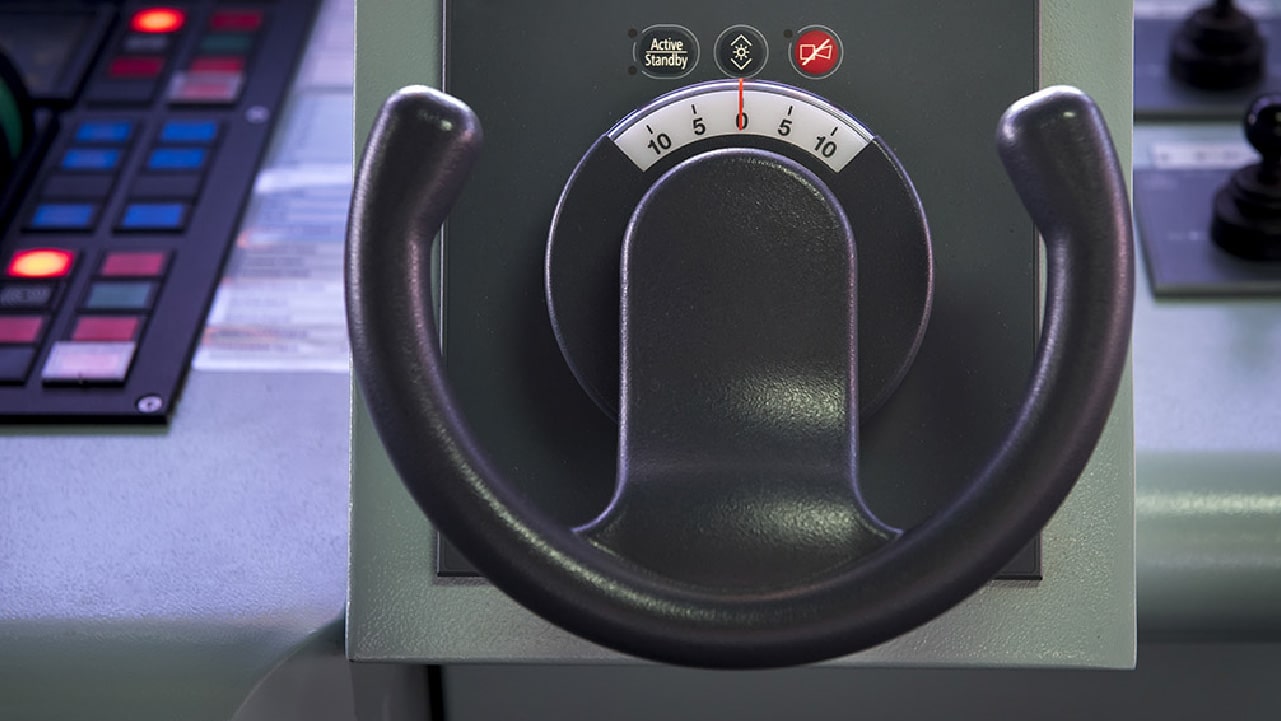Effective ship handling involves understanding key principles that influence a vessel’s maneuverability. This includes design factors that affect handling characteristics, various forces such as hydrodynamic and wind forces, and mechanisms like rudders and engines used for navigation. Recognizing limitations from ship design and external factors is vital, along with adherence to standards set by organizations like the IMO.
Additionally, mastering emergency maneuvers enhances safety during operations, highlighting the importance of meticulous planning and execution.
Highlights:
This course is designed to equip seafarers with vital skills for efficient ship handling, enhancing the safety of maritime operations and encouraging a culture of awareness and accountability on board.
By the end of this course, you will be able to:
- Outline the forces that affect ship handling.
- Understand the maneuvering characteristics of ships, as well as the relevant tests & criteria for acceptance.
- Comprehend what passage planning entails, as well as how to perform important emergency maneuvers.
Legislation & References: Based on the requirements of the following:
- ·Bridge Procedures Guide (IMO Resolution A.893(21))
- ·ABS – Guide for Vessel Maneuverability
- ·IMO Resolutions A.601(15) and MSC.137(76) providing guidelines and standards for ship maneuvering
Duration: 30 minutes.
Who should attend:
- Αll seafarers regardless of department and rank.
Certificate: ABS






